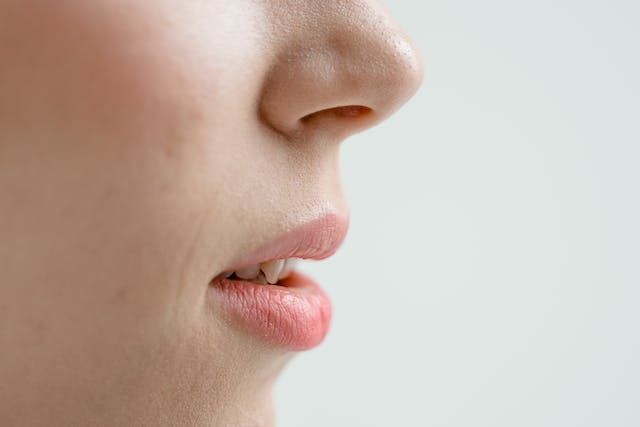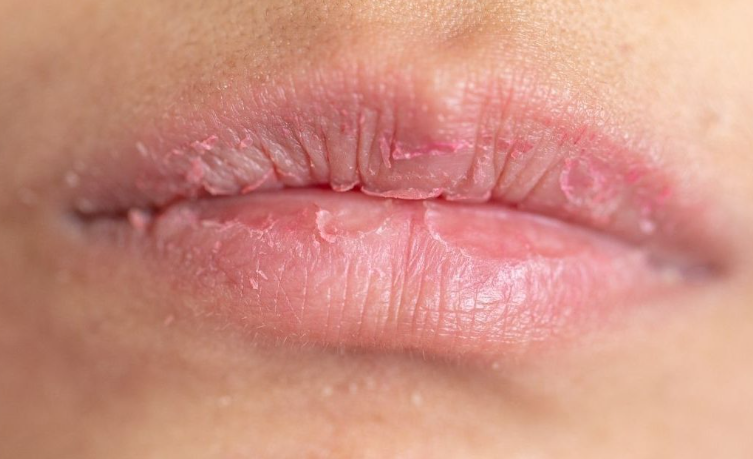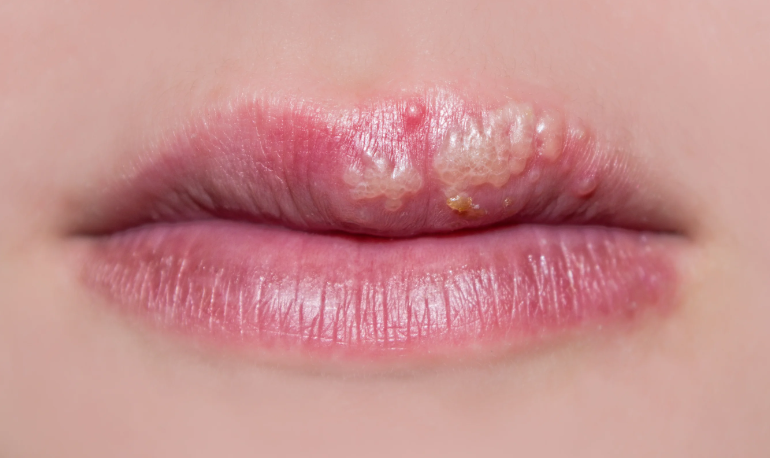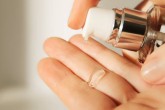Table Of Content
Chapped Lips vs Cold Sores: How to Tell the Difference
Lips are a unique facial feature that is fun to play up, but they can become dry, chapped, cracked, and sore during cold and dry months. Cold sores are another common lip concern caused by a virus and can be painful. To tell the difference between cold sores and chapped lips, look for symptoms that extend beyond the lips. Avoid touching or picking at cold sores to prevent them from spreading or getting infected. Keep your lips moisturized and avoid triggers like cold weather or stress to prevent both chapped lips and cold sores. And if you are still confused what do you have chapped lips or cold sores? No worries, that’s the reason we have created a quick and easy guide for you to understand the difference of chapped lips vs cold sores.
Chapped Lips vs Cold Sores
Read on to learn how to differentiate between cold sores and chapped lips and discover how to treat each condition.
Chapped Lips
Chapped lips manifest as scaly, cracked, and irritated. Unlike typical skin, the thin layer covering your lips lacks protective features, making it highly susceptible to dryness and irritation. Various factors contribute, including lip licking, extensive kissing, allergies to oral care products or food, irritation from saliva, vitamin deficiencies, chronic mouth breathing due to nasal congestion, and, in severe cases, autoimmune diseases like Sjogren's Syndrome.
Sun damage, including sunburns and long-term effects leading to actinic cheilitis, is a common cause of lip dryness. Ironically, many lip balms meant to alleviate dryness can exacerbate the issue due to irritating additives.
Treatment involves identifying the cause. For dry skin, a thick, moisturizing lip balm is effective in protecting vulnerable skin. If irritants are the culprit, avoiding potential triggers in dental and cosmetic products may require some trial and error.
Additional strategies for combatting dry lips include:
- Hydration and Nutrition: Maintain proper hydration by drinking water and sustaining a balanced diet.
- Humidifier Use: Lips often dry overnight, so using a humidifier near your bed can address nasal congestion and reduce mouth breathing.
- Sun Protection: Practice excellent skincare by applying lip SPF every three hours when outdoors.
- Proactive Skincare: Use genuinely hydrating and protective skincare products to counteract the natural tendency for lips to become excessively dry.
- Avoid Irritants: Steer clear of lip products with fragrances, lanolin, phenol, salicylic acid, or menthol, as they can worsen irritation and perpetuate a peeling cycle.
Cold Sores
Cold sores, colloquially known as herpes outbreaks on the lips, are primarily triggered by HSV type 1, a virus that lies dormant in a significant portion of the adult population. Although less common, HSV type 2, typically associated with genital herpes, can also cause cold sores on the mouth.
Herpes viruses reside in a dormant state within the sensory ganglia of the nervous system and emerge along nerve pathways to the skin upon reactivation. This reactivation can occur spontaneously or be prompted by factors such as stress, UV exposure, hormonal changes, menstruation, or skin trauma.
The most effective treatment for a cold sore involves prescription antiviral medications like valacyclovir. Having a prescription on hand enables prompt administration at the first sign of an outbreak, reducing the likelihood of full development. For those experiencing frequent cold sores, chronic suppressive antiviral therapy may be recommended for prevention. Some individuals explore holistic approaches, such as L-lysine supplementation, but consulting with a doctor is advisable.
While cold sores can resolve on their own, the process can be painful, making self-resolution less recommended. Instead, using antiviral medication is advised, accompanied by precautions such as refraining from touching the sores and avoiding the spread of the virus through activities like kissing or sharing food and beverages.
Conclusion
See how keeping our lips moisturized and hydrated can help us lessen the chances of getting one of these lip irritations whether it's a chapped lips or cold sores. First and the most important thing is to stay hydrated from the inside out to stay aways from these common skin issues. Opt for these tips to understand the difference and treat these issues accordingly.
Author









Top 10 Travеling Tips for Pеt Ownеrs
Best Body Washes For Dry Skin Under $50
8 Best Moisturizers for Mature Skin
How to Curl Your Hair to Make Your Style Last
Barbie Tattoo Ideas for the Doll-Loving Ink Enthusiasts
Selena Gomez and Hailey Bieber Drama Takеs thе Spotlight In Entеrtainmеnt Nеws
Michael Kors Shoes: The Perfect Addition to Your Shoe Collection
Lululemon Yoga Mats: Which One Is Best for You?